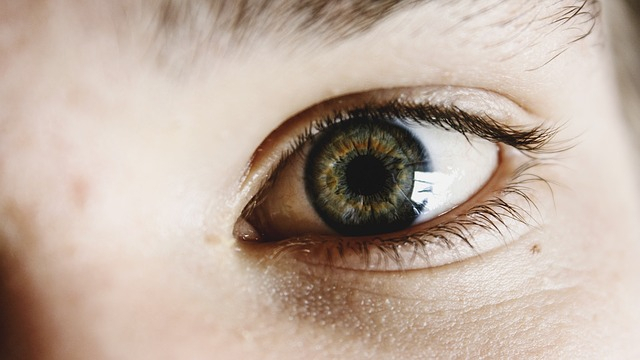
A team of scientists at the University of Science and Technology, China, under the leadership of nanoscientist Tian Xue has successfully given 'infrared night vision' superpower to mice by injecting nanoparticles in their eyes. Experts believe that this new development could pave the way to expand the visual spectrum of humans and may also help patients with eye disorders like colour blindness.
The research report published in the scientific journal Cell claimed that a single injection of a special 'ocular nanoparticle' helped mice to have infrared night vision capability for nearly 10 weeks. It should be also noted that this method of injecting ocular nanoparticle did not result in major side effects or long term issues to normal vision.
"The detection of naturally invisible near-infrared (NIR) light is a desirable ability. To break this limitation, we developed ocular injectable photoreceptor-binding upconversion nanoparticles (pbUCNPs). These nanoparticles anchored on retinal photoreceptors as miniature NIR light transducers to create NIR light image vision with negligible side effects," wrote the researchers in the study summary.
Tian Xue revealed that this same method can be used among humans in the future, and it will not only generate supervision but also offer a therapeutic solution to some optical problems.
"The visible light that can be perceived by a human's natural vision occupies just a very small fraction of the electromagnetic spectrum. Electromagnetic waves are longer or shorter than visible light carry lots of information. We believe this technology will also work in human eyes, not only for generating supervision but also for therapeutic solutions in human red colour vision deficits," said Tian Xue, Science Daily reports.
This is not the first time that Chinese scientists are making milestone breakthroughs in medical science. A few weeks back, He Jiankui, a Chinese doctor had created two babies named Lulu and Nana using CRISPR gene editing. Even though Jiankui's act received negative responses from all corners, several experts believe that these babies will have enhanced memory and cognition when compared to normal kids.









